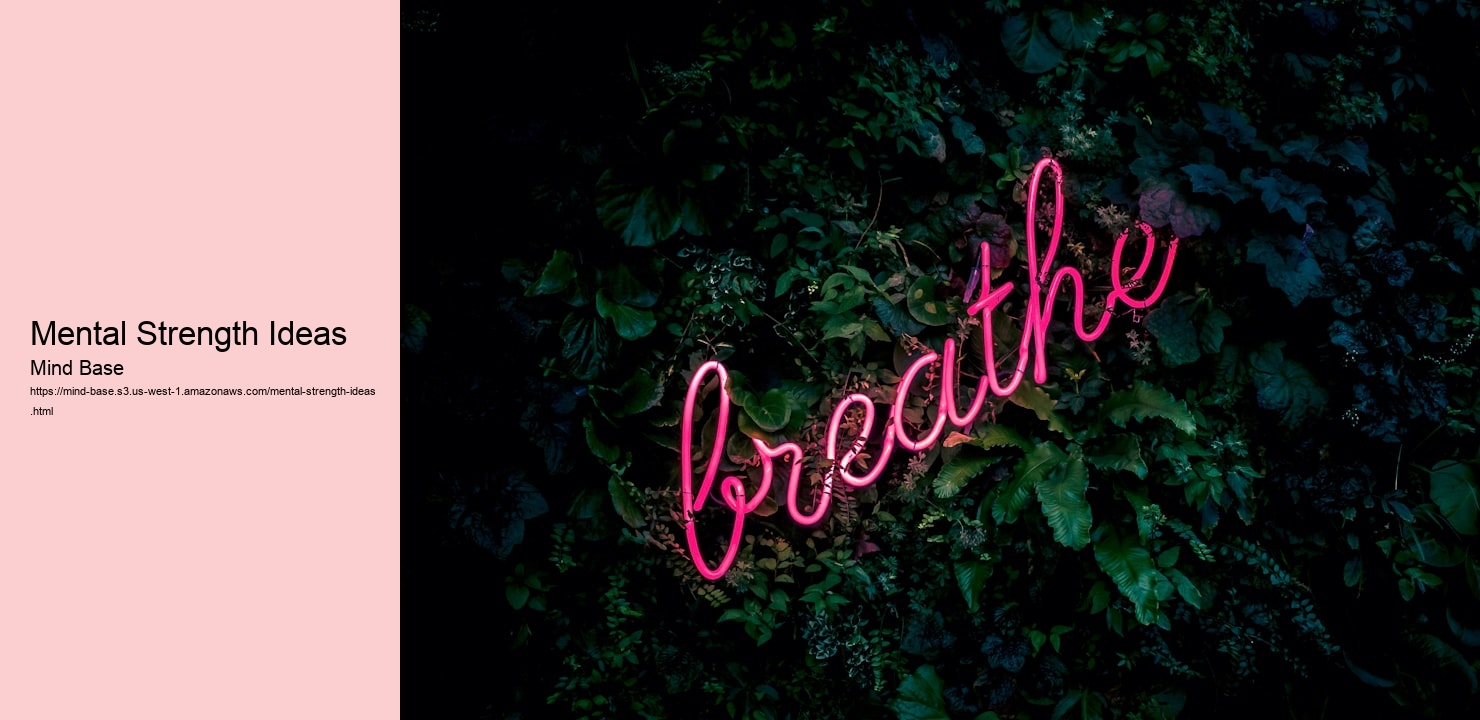
Cognitive Behavioral Therapy, often utilized by therapists in Calgary, focuses on identifying and reshaping negative thought patterns. By working closely with clients to understand their cognitive distortions, CBT aims to alter these detrimental thoughts and behaviors, ultimately leading to improved mental well-being. This approach is particularly useful for those dealing with anxiety and depression, providing a structured framework that empowers individuals to manage their challenges more effectively.
Therapists in Calgary who adopt the humanistic perspective emphasize self-actualization and personal growth as key components of therapy. Obsessive-Compulsive Disorder (OCD) This approach revolves around the belief that individuals possess an innate capability for self-improvement. By fostering an environment of empathy and unconditional positive regard, therapists encourage clients to explore their feelings openly, facilitating personal insight and empowering them toward meaningful change.

Rooted in Freudian theory, psychoanalytic therapy delves into the unconscious mind's influence on behavior. Therapists practicing this method in Calgary guide clients through exploration of past experiences and unresolved conflicts. The aim is to uncover subconscious motivations impacting present actions. By addressing these deep-seated issues, individuals can achieve greater emotional freedom and understanding of their inner selves.
Calgary's behavioral therapists focus on modifying maladaptive behaviors through principles of conditioning.
Many therapists in Calgary prefer an integrative approach, combining elements from various therapeutic perspectives to tailor treatment plans specifically for each client's needs. By drawing from cognitive-behavioral techniques along with humanistic values or psychoanalytic insights, integrative therapy offers a comprehensive framework that adapts flexibly to address diverse mental health concerns effectively.


Choosing the right therapeutic perspective greatly depends on individual needs and preferences. In Calgary's diverse landscape of therapy options ranging from cognitive-behavioral methods to humanistic approaches or integrative practices-each avenue offers unique benefits aimed at enhancing mental health and promoting overall well-being within the community.
In Calgary, where the importance of mental health is increasingly recognized, therapy frameworks form a crucial part of the therapeutic process. These frameworks provide structured approaches that therapists use to guide their practice and tailor interventions to suit individual client needs. By understanding different therapy frameworks, therapists in Calgary can effectively address diverse mental health issues while remaining sensitive to cultural and personal nuances.
Cognitive Behavioral Therapy (CBT) remains one of the most widely used frameworks among Calgary's therapists. This approach focuses on identifying and challenging negative thought patterns and behaviors. Through CBT, clients learn skills to modify dysfunctional thinking and develop healthier behavior patterns. It's particually effective for treating anxiety, depression, and other mood disorders, making it a staple in many therapists' toolkits.
Forensic Psychology
In contrast to more directive methods like CBT, Person-Centered Therapy emphasizes creating a supportive environment where clients feel empowered to explore their feelings without judgment. Therapists adopting this framework prioritize empathy, unconditional positive regard, and genuineness in their interactions with clients. In Calgary's diverse community, this approach can foster a deeper connection between therapist and client by honoring each individual's unique experience.
Family Systems Therapy is another prominent framework utilized by Calgary therapists who work with families or couples. This approach views an individual's issues within the context of family dynamics rather than isolating them as standalone problems. By examining these relational patterns, therapists help families improve communication and resolve conflicts more effectively.

Psychological health and wellness incorporates psychological, emotional, and social wellness, affecting cognition, assumption, and behavior. According to the Globe Health Company (WHO), it is a "state of health in which the individual recognizes his or her capabilities, can handle the normal anxieties of life, can function successfully and profitably, and can add to his or her area". It likewise determines exactly how a specific deals with stress and anxiety, interpersonal relationships, and decision-making. Mental health and wellness includes subjective health, viewed self-efficacy, autonomy, capability, intergenerational reliance, and self-actualization of one's intellectual and emotional capacity, among others. From the viewpoints of positive psychology or holism, psychological health may include a person's capability to take pleasure in life and to produce a balance between life activities and efforts to attain emotional durability. Cultural distinctions, individual philosophy, subjective analyses, and contending professional concepts all impact just how one defines "psychological wellness". Some very early indicators associated with mental health problems are sleep irritability, lack of energy, absence of hunger, thinking of damaging oneself or others, self-isolating (though introversion and isolation aren't necessarily unhealthy), and regularly zoning out.
.Psychotherapy (likewise mental therapy, talk treatment, or chatting therapy) is using psychological approaches, especially when based upon regular individual interaction, to aid a person modification behavior, rise happiness, and conquer problems. Psychotherapy intends to improve a person's well-being and psychological health, to deal with or alleviate bothersome actions, beliefs, compulsions, ideas, or feelings, and to boost relationships and social skills. Various kinds of psychotherapy have been developed either for individual adults, households, or youngsters and adolescents. Some types of psychiatric therapy are taken into consideration evidence-based for dealing with diagnosed mental illness; various other kinds have been slammed as pseudoscience. There are numerous psychotherapy techniques, some being minor variations; others are based upon really various conceptions of psychology. Most strategies entail one-to-one sessions, in between the client and specialist, however some are performed with groups, including pairs and families. Therapists might be psychological health and wellness experts such as psychiatrists, psychologists, mental health registered nurses, clinical social workers, marital relationship and family members specialists, or expert counselors. Therapists might additionally come from a selection of various other histories, and relying on the territory may be legitimately managed, willingly controlled or unregulated (and the term itself may be secured or otherwise).
.Self-esteem building therapy in Calgary boosts confidence through positive reinforcement and goal-setting. Local therapists address root causes to foster lasting self-worth for clients.
Therapy for academic stress support in Calgary helps students manage school pressure with CBT and relaxation. Psychologists offer tools to balance studies and mental well-being effectively.
School counseling in Calgary supports students with academic and emotional challenges through guidance. Counselors work with teens to improve performance and well-being effectively.